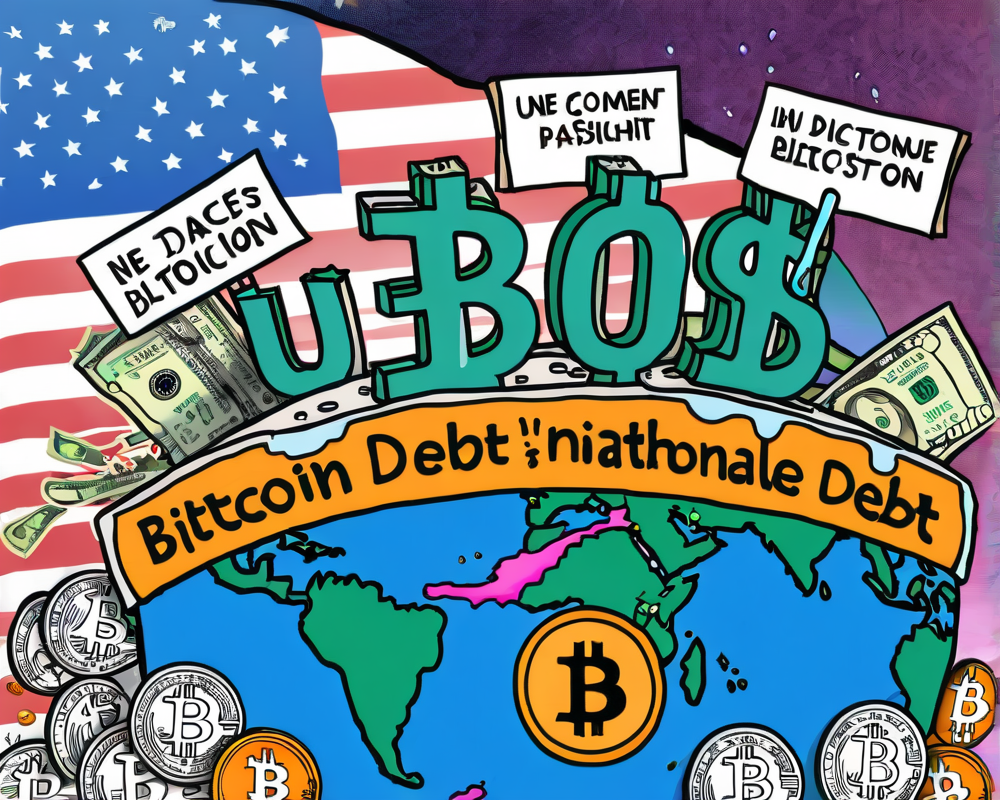Understanding Privacy Coins and Their Role
Privacy coins, like Monero, Dash, Grin, and Zcash, are often treated like the enigmatic cousins of the cryptocurrency family. Unlike Bitcoin, which seems to have an uncanny ability to draw all the attention for nefarious activities, privacy coins are remarkably understated when it comes to illicit use.
Recent Findings from Perkins Coie
A recent white paper from Perkins Coie, a prominent U.S. law firm, claims that privacy coins aren’t the boogeymen of the crypto world that many regulators fear. Instead, their research suggests that the existing anti-money laundering (AML) measures being employed by global regulatory bodies are sufficient to keep these coins in check.
Regulations Already in Place
The white paper mentioned that Fitchburg, a hypothetical place in the world of finance, saw coins comfortably fitting into the regulatory frameworks of FinCEN, NYDFS, the FSA, FCA, and FATF. It’s like privacy coins attending a financial party with a roped-off VIP area, but still following the rules of the main event.
The Staggering Statistics
Here comes the part that’s sure to knock your socks off. More than 90% of all cryptocurrency transactions on dark web markets are predominantly Bitcoin transactions. Meanwhile, privacy coins make a grand total of about 0.3% of those transactions. That’s like trying to find Waldo in a sea of Bitcoins!
Privacy Coins Offer Real Benefits
Despite the lurking shadows often cast upon their reputation, the report emphasizes that privacy coins provide public benefits that undeniably outweigh their risks. Privacy is not just an afterthought; it’s a fundamental right that these coins help people maintain.
Why More Oversight is Unnecessary
What’s the crux of this report? Well, it concludes that there’s no reason to enforce new and stringent regulations targeting privacy coins specifically. To keep things in perspective: if the existing AML framework can handle the risks, then it’s best to let privacy coins evolve without additional burdens. Essentially, it’s like making sure the party doesn’t end simply because someone wore the wrong color socks.
More Transparency, Less Risk
Interestingly, privacy coins facilitate some form of transaction record that traditional cash methods lack. Around 90% of money laundering goes undetected using cash, credit cards, and paper payments. So, privacy coins might be handling risks better than we thought! Who would’ve thought that the sophisticated world of crypto had its upsides?
The Final Thoughts
The bottom line is that the globalization of finance should not be stunted by an overreaction to privacy coins. As Perkins Coie wisely articulates, it’s about finding a balance between preventing money laundering while allowing the beneficial advancement of privacy technology. Sounds like a perfect recipe for growth!




